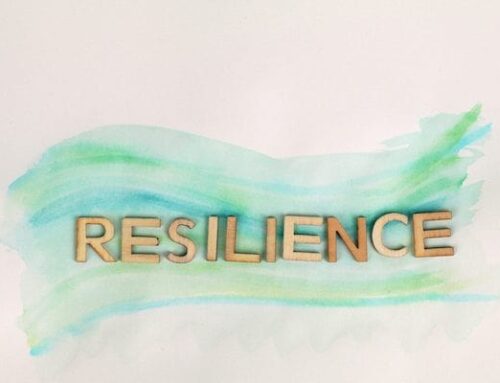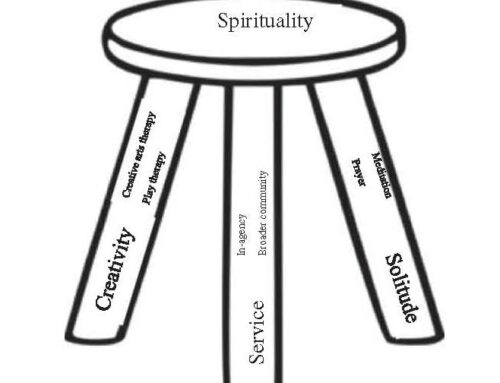 Almost everyone has a bit of codependency in their personality. But, someone who is described as a codependent typically seeks out people who might struggle with anything from self-esteem issues to addiction.
Almost everyone has a bit of codependency in their personality. But, someone who is described as a codependent typically seeks out people who might struggle with anything from self-esteem issues to addiction.
Unfortunately, codependents can have a negative impact on addiction recovery.
A codependent person in a relationship, or even a codependent friend, thrives on taking care of their partner. They want to be extremely helpful and functional. On paper, that sounds like a great thing. In practice, it can actually be dangerous and enable a recovering addict’s destructive behaviors.
So, what is codependency, really? More importantly, how does it influence addiction recovery?
What Does a Codependent Person Look Like?
If you’re a recovering addict, it’s normal to be attracted to a codependent person. They’ll likely pour on as much love as possible and do whatever it takes to make you feel cared for and appreciated.
But those behaviors often cross over into martyrdom and a lack of boundaries. If there’s one “positive” to those behaviors, it’s that it makes some characteristics of codependency easy to see. Some of those common traits include:
- An inability to set boundaries
- Justification of poor behavior
- Low self-esteem
- Attempts to control other people
- Anxiety when there are relationship issues
Because codependents take on the “pain” of their loved ones, they might encourage you to do what makes you feel good. Unfortunately, that can lead to poor choices and harmful behaviors, including relapsing.
How Can a Codependent Make Things Worse?
Just because you’re a recovering addict doesn’t mean life won’t have its struggles. If you’re in a relationship with a codependent, the last thing they’ll want is to see you upset. Unfortunately, their behaviors can be enabling to make you feel better.
Not only can they make it seem “okay” to fall off the wagon, but they might further enable you by purchasing the alcohol or substances you’ve fallen victim to before. They might also let you stay with them instead of suggesting or encouraging a rehab facility.
 Ultimately, they can bind you to the relationship. They can make you feel you need them to survive or to even feel good and get the things you want. When you strip it down, it’s a very basic “needs”-based relationship.
Ultimately, they can bind you to the relationship. They can make you feel you need them to survive or to even feel good and get the things you want. When you strip it down, it’s a very basic “needs”-based relationship.
Think of a parent who only gives their child candy to eat. The child might be happy and feel love, but they aren’t really getting what they need to grow and thrive. In reality, the codependent ones “need” the relationship so they can feel a sense of self-worth.
What Can You Do About Codependency?
If you or someone you love is codependent, it’s important to take control or encourage that person to do the same. Without that empowerment, codependency can cause you to relapse or fall into old habits/patterns that fueled your addiction.
It doesn’t take much to become depressed, anxious, or even fall back into a battle with substance abuse if you’re with someone who is codependent. Alternatively, if you feel you’re the one with codependency, you might fall back into those habits to strengthen your own value and self-worth. If that’s the case, don’t hesitate to reach out for help.
 Talk to your support system, for starters. It’s important to have people in your life who aren’t codependent and who won’t enable your own codependency.
Talk to your support system, for starters. It’s important to have people in your life who aren’t codependent and who won’t enable your own codependency.
If your support system doesn’t help or you’re worried that you might need more of a direct approach to getting rid of codependency in your life, please contact me for a 20 minute consultation call to find out if we would be a good fit.
In therapy, we can talk more about the problems with codependency and how they can hinder your addiction recovery. Whether it’s you or someone you care about displaying these traits, it’s important to know what to do and how to empower yourself as you continue to recover. If you’d like to learn more about counseling for addiction and codependency, click here.





